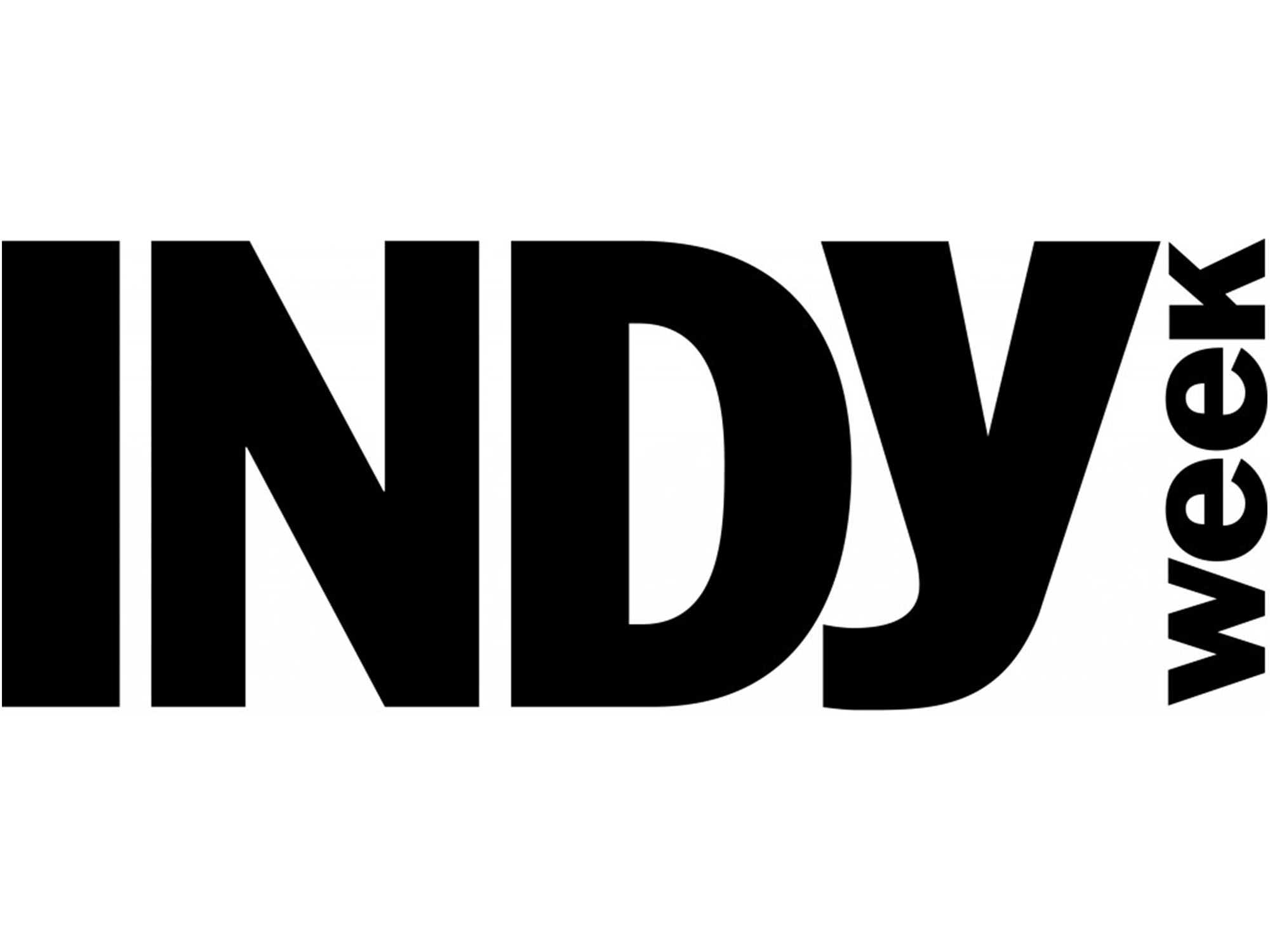Fany Sarmiento moved to Durham two years ago, settling into Garden Terrace Apartments in Lakewood. She had been living in New York City, and it seemed like Durham would offer a better life. It didn’t.
“It’s starting to be more and more like New York all the time,” she says in Spanish, through a translator. “In a lot of ways, it’s even worse because there aren’t really laws to protect tenants.”
With COVID-19, it got even harder for families like the Sarmientos. She left work to care for her children; others moved into hotels or spent all their savings. There was already an evictions crisis in the area. Now there’s a looming catastrophe.
“The pandemic has changed everything for us,” Sarmiento says.
But not everyone in the Triangle is struggling. Homeowners have watched their wealth grow as a mix of historically low interest rates and other factors have driven home values up more than 20 percent in the past year, according to data from the Multiple Listing Service. They can cash in on a highly competitive market where buyers are putting in offers on not-yet-listed homes, sight unseen.
“Now, it’s not uncommon to have multiple offers on coming-soon status houses,” says Courtney James, managing partner of Urban Durham Realty.
These experiences are the lived reality of what wonks call a “K-shaped recovery,” in which different parts of the economy recover from a shock at different rates.
Now, that recovery means inequality that was growing before the pandemic—between renters and owners, white and blue or pink collar, white people and people of color—is only accelerating.
In response, activists are only getting more ambitious. How their fight plays out in the next few years may set the stage for the future of the Triangle.
Read the rest at Indy Week.
